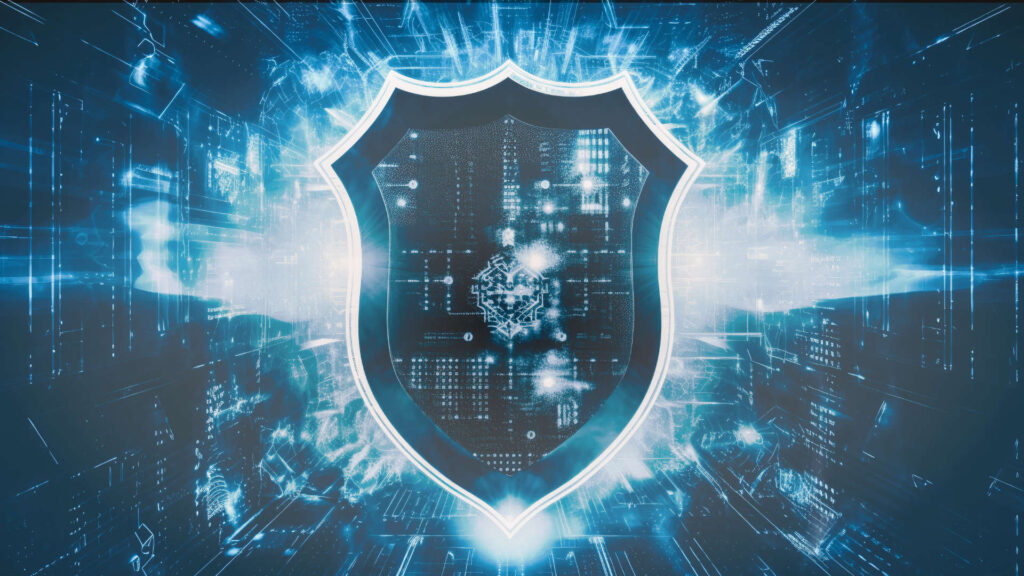Security Awareness for Comprehensive Cybersecurity
Ransomware attacks, Distributed Denial of Service (DDoS) attacks, malware and phishing: Companies must be prepared for attacks from cyber criminals at all times. The threat in cyberspace is “higher than ever”, according to the report “The state of IT security in Germany in 2022” by the German Federal Office for Information Security (BSI). Nearly half of all German companies will be victims of at least one Cyberattack in 2022, reports Statista.
To protect against and defend against these attacks, organizations need a comprehensive security strategy and technology solutions that lock down networks and interfaces, intercept viruses, apply patches and updates, and securely configure systems. But that is not enough. These defenses make it difficult for attackers to penetrate networks directly, but there is often another door open to them: employees. According to the World Economic Forum’s Global Risks Report 2022, 95 percent of all cybersecurity incidents are caused by human error. These are caused by negligent behavior on the one hand and ignorance on the other.
When employees are unaware of impending threats, criminals have an easy time. Comprehensive security awareness programs sensitize employees to potential problems and dangers. They need the right knowledge to act safely.
Secure passwords protect networks and programs
Open important programs or download data from the home office: These tasks require authentication to prevent unauthorized access. Using a password is a secure method, but only if the password is strong.
This is often a problem. 30 percent of all users use the same password for different services, according to a survey by Bitkom. Many people are also unaware that password security requirements are changing. Criminals can use automated brute force attacks to quickly guess many terms and word combinations.
Knowing and using strong passwords is one of the most important pillars of security awareness.
Recognize and avoid social engineering

Social engineering is when criminals try to trick users into revealing sensitive information or installing malware. They skillfully deceive their victims about their identity and intentions. Employees then willingly provide information or access to critical systems.
Such attacks via phishing, spear-phishing or CEO fraud are on the rise. According to a Bitkom study, almost every second company reports manipulation attempts. Since social engineering would not be possible without people falling for it, security awareness in this area is crucial.
Privacy: Securely store and use information
Sensitive data from customers, partners and employees must never fall into the hands of unauthorised persons. The EU General Data Protection Regulation (GDPR) also obliges companies in the EU to protect such information.
This requires more than technical solutions such as encryption. Security awareness means that employees know what data is being protected, stored, and processed, how it is being processed, and what the risks are.

Raise awareness with cybersecurity training and courses
Cyber Threats as a Business Risk – Creating Sustainable Security Awareness through Training and Education Training is a useful tool for sensitizing employees to all security awareness topics. Ideally, they should take place on a regular basis to refresh knowledge. Only when the right behavior is practiced over and over again can the knowledge be called upon in an emergency. Training is therefore an important part of a holistic cybersecurity strategy. Supplemental training and simulated attacks are particularly effective.





